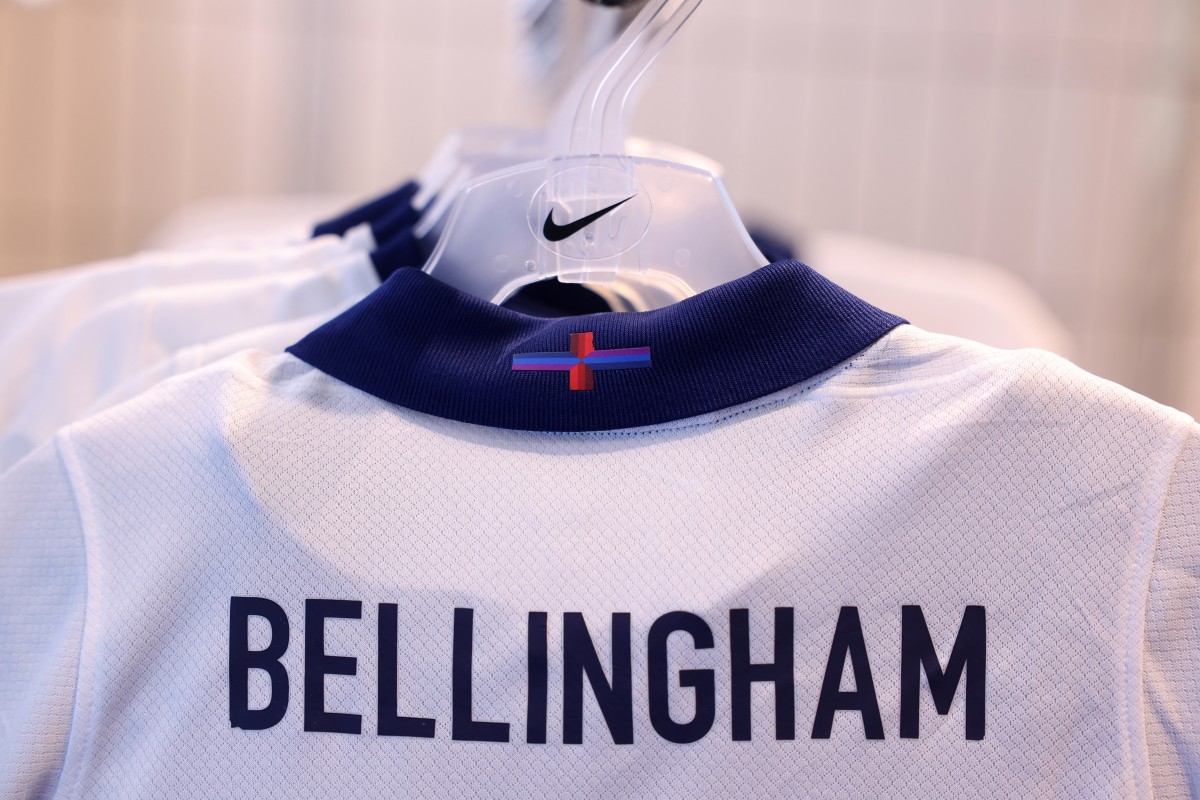Paris, France– Nike scored one of the most surprising victories in their long battle to dominate international football business when they outbid Adidas to become Germany’s kit supplier.
German newspapers reported that the American sports equipment giant overcame their rival’s home advantage with a bid of around 100 million euros ($108 million) a year. Adidas reportedly offered a final bid of between 60-65 million euros.
The deal left the German Football Federation (DFB) defending themselves from accusations from the government that they lacked “patriotism”.
Nike’s three-decade drive to expand their international portfolio has hit political pot-holes before.
They were accused of interfering in scheduling and team selection with their first big signing, Brazil. This week they became embroiled in a debate in England after trying to update the St George’s Cross flag on the national team’s kit for this summer’s Euros.
AFP Sport looks at the sponsorship battles:
Brazil: the Ronaldo affair
In the early 1990s, the American company, best known for their groundbreaking deal with basketball icon Michael Jordan, moved into football, sponsoring individual stars. In 1996, as they also diversified into golf by signing Tiger Woods, Nike signed their first big deal with a football national team, a 10-year contract with Brazil. Nike also signed an individual deal with Brazil’s rising star Ronaldo.
These signings were followed by controversy at the 1998 World Cup. In the hours before the final against France, Ronaldo, who the previous year had become the youngest Ballon d’Or winner, felt ill. He was omitted from the team sheet before being restored to the starting lineup just before kick off.
France won 3-0 and Nike were accused of forcing their star to play. The player denied this.
England: gateway to Europe
In 2007, Nike bought British company Umbro, the supplier of the England team kit. Nike took over as England supplier in 2012, and sold Umbro. This gateway to Europe, stepped up the American company’s challenge Adidas, then number one in football.
Nike stumbled into controversy in England this week when they released an England shirt bearing an altered St George’s Cross, the emblem of England, using purple and blue horizontal stripes in what it called a “playful update”. Flag-waving politicians waded into the row, with British Prime Minister Rishi Sunak saying “we shouldn’t mess” with the flag.
France: the history of a jersey
Adidas supplied France from 1972, designing the iconic shirts with three white stripes across the chest that Les Bleus wore as they won the 1998 World Cup. But in 2008, Nike captured another big name to their international portfolio with a bid of 320 million euros for a seven-year deal starting in 2011. They have since extended that deal to 2026. France wore Nike when they won the World Cup in Russia in 2018.
Germany: the final battle
Nike scored their biggest upset this week when they persuaded the DFB to drop German manufacturer Adidas after four World Cup wins and 70 years. The Adidas contract with the DFB will end after the 2026 World Cup in the United States, Canada and Mexico. Host Germany’s training base for the upcoming Euros will be at the ‘Adidas Campus’ in the company’s home town of Herzogenaurach.
Argentina and Spain: the Adidas faithful
Adidas first sponsored Argentina in 1974 and Spain in 1981. With both nations they were briefly supplanted by Le Coq Sportif in the 1980s. When Diego Maradona eliminated England with the “hand of God” in 1986 he was wearing kit supplied by the French supplier.
Adidas were the Albiceleste’s official partner for its two other World Cup victories (1978 and 2022). They have had a deal with seven-time Ballon d’Or winner Lionel Messi since 2006. They also supplied the shirts in which Spain won a World Cup and two Euros.
Italy: victory for Adidas
Adidas first supplied Italy in 1974 and regained the contract last year. In between, Nike also had a spell sponsoring the Azzurri. In that time, Italy have won the World Cup twice and the Euros once – but never in the kit of one of the big two. In 1982 in Spain, Italy wore Le Coq Sportif. They won the 2006 World Cup, in Berlin, and the 2020 Euros, wearing kits supplied by the other German giants Puma.








